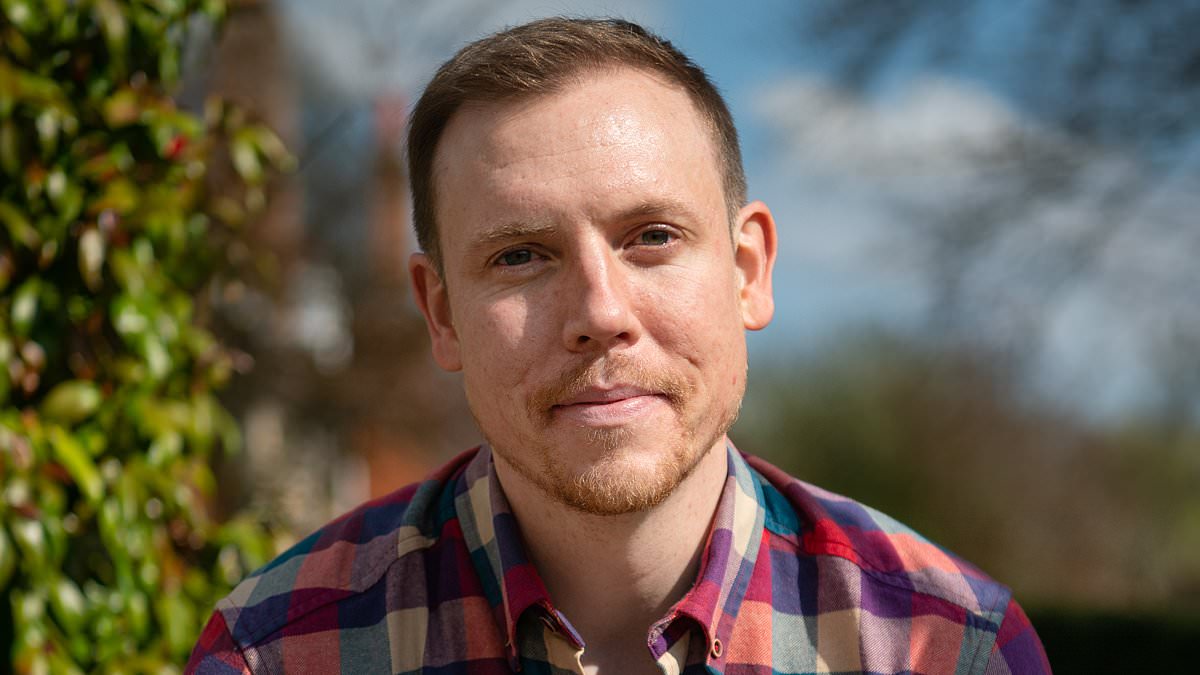Save articles for later
Add articles to your saved list and come back to them any time.
Credit:
FICTION PICK OF THE WEEK
North Woods
Daniel Mason, John Murray, $32.99
American novelist Daniel Mason wrote this book in a year, each chapter corresponding to the month. That year ranges through centuries in the history of a house. It also romps through a series of experiments in form and genre, from case history to true crime and letters. Here be gay lovers, slavecatchers, orchardists and even an invasive pest. North Woods is also an eco-history, with echoes of Richard Powers’ The Overstory. As the environment changes, so does the forest; destruction becomes metamorphosis. Overall, the book is clever, if something of a curate’s egg. Yet its art significantly applies to the narrative structure. Threads are drawn together towards a triumphant, fitting conclusion, which is also ghostly. A novel that effortlessly breaks the walls between realism and the supernatural would likely be unpublishable here. Mason shows it can be wonderful.
Reykjavik
Ragnar Jonasson & Katrin Jakobsdottir; trans., Victoria Cribb, Michael Joseph, $32.99
What if the prime minister wrote a book? In Katrin Jakobsdottir’s case she is the sitting PM of Iceland, where Scandinoir is supreme.
Credit:
Yet this novel, co-written with the bestselling crime-writer Ragnar Jonasson, is more reminiscent of Agatha Christie (the dedicatee). The book has a watertight plot and relentless drive. In 1956 a young girl disappears without trace. The crime gains lingering local notoriety, and decades later a young journalist investigates. Presented here is a social history snapshot, the evolution of a nation. The rich have dark secrets, but can also have a conscience. The authors play with conventions, such as unprotected females investigating dark places quite safely. Or an abrupt change in protagonists at mid-point, accomplished effortlessly. The novel might have begun as a Covid project, but the performance is flawless.
Something Bad is Going to Happen
Jessie Stephens, Macmillan, $34.99
Credit:
Jessie Stephens has form as a Mamamia personality, and has also written the narrative non-fiction Heartsick. This first novel takes on risky subject matter, mental illness among the young. Jake and Adella are just best friends, growing up in a complex time. They are pressured by social media, class and market forces. Consequently, their choices are large and confusing, but their actual options narrow. “How anyone ever makes a decision is the true mystery,” thinks Adella. To find meaningful work and love is part of adulting, and it is difficult. Adella wants true love, but a family history of depression could thwart her. Similarly, Jake could better himself, if not for self-defeat. What is notable about this work is its realism rather than fancy writing. It presents the hard truth about the crisis in youth mental health.
Doll’s Eye
Leah Kaminsky, Vintage, $32.99
Credit:
The cover of this novel suggests the historical romance, but it is more complex. Rather, it depicts even desert Australia as a place of refuge from war-torn Europe. Cossacks left Russia to grow peanuts in Katherine; the heroine Anna fled a bizarre Nazi medical experiment. In central Australia she finds work, even peace, evoked here by a fine sense of place. She also finds a Yiddish poet, leading to an unlikely love affair. That is one theme, another being Anna’s love of dolls, both collecting and repairing. Leah Kaminsky is good on dolls, their solace but also their uncanny nature. Dolls are adored, but do not return the love. These disparate elements work as strange but true. Yet ultimately, one revelation sent my disbelief collapsing like a suspension bridge.
NON-FICTION PICK OF THE WEEK
Storytellers
Leigh Sales, Scribner, $39.99
Leigh Sales’ extended masterclass on the journalist’s craft contains a wealth of wisdom, from her and a wide range of interviewees, all of whom have expertise in varying aspects of the game.
Credit:
Often they emphasise the obvious such as hard work, research and fact checks. But, similar to how the Paris Review interviews with authors instructed generations of aspiring young writers, her interlocutors reveal the tricks of the trade, whether it be Chris Reason emphasising the power of lateral thinking in TV reporting, Kate McClymont on cold calls to strangers for an investigative report (as well as the centrality of trust), Niki Savva on having worked as a party staffer and seeing the power of journalism, or Captain Grumpy himself, Laurie Oakes, on the art of surprising a politician. It’s a highly informed guidebook from the horses’ mouths.
Transcendence
Ed., Ashleigh Wilson, Thames & Hudson, $59.99
Credit:
When Queen Elizabeth II opened the Sydney Opera House in 1973 she likened it to the pyramids, except that it had “life”. This collection of reminiscences of performances at the house is an attempt to recapture the immediacy of that life. Barrie Kosky remembers being booed on opening night only to bump into the Whitlams after and be told how wonderful the show was. Wesley Enoch recalls staging Black Diggers in 2014 and informing Elders that the WWI story of their forebears would be told, Jimmy Barnes remembers being transported back to Glasgow by Billy Connolly, Richard Bonynge evokes the poignancy of La Stupenda’s final opera performance, and Deborah Mailman recalls performing King Lear during a storm. A superior coffee table book that catalogues the phantoms of the Opera House.
Aliens & Savages
Janeen Webb & Andrew Enstice, Norstrilia Press $39.99
Credit:
Negativity, say Janeen Webb and Andrew Enstice in this reissue of their 1998 study of the way racism underpins Australian history, is currently pervasive, especially in relation to the Voice. They considered updating their text, but to their dismay realised nothing had changed in 25 years and there was no need. The book is an embracing examination of our history seen through the prism of our literature, with the term literature used broadly. In a way, it’s a revealing study of a culture’s unguarded moments that, like a magic lantern show, unveil the mind of the country, especially relating to the Indigenous population and Chinese immigration, through varying phases: perceptions of racial inferiority, the “noble savage”, the “yellow peril”, the beginnings of reconciliation and now the Voice. No academic-speak, just timely words that cut through the negativity.
Her Sunburnt Country
Deborah Fitzgerald, Simon & Schuster, $55
My Country is the public face of poet Dorothea Mackellar. This authorised biography takes us into her complex and sometimes troubled life, as much as possible given that Mackellar’s diaries and letters (upon which Deborah Fitzgerald heavily leans) are often elusive and characteristically Victorian.
Credit:
But we do know that Mackellar conducted a deeply unrequited “affair” with a married man that fizzled out, while also having a life-time relationship with writer Ruth Bedford that was clearly intimate and in another age might have blossomed into a love affair. Above all it is her writing that occupied her and sustained her and which she could pursue largely due to her enlightened, privileged family life. Both here and abroad she mixed with giants such as Joseph Conrad, but was seen out by modernism. This is an engaging tale of a national icon.
The Booklist is a weekly newsletter for book lovers from books editor Jason Steger. Get it delivered every Friday.
Most Viewed in Culture
From our partners
Source: Read Full Article










